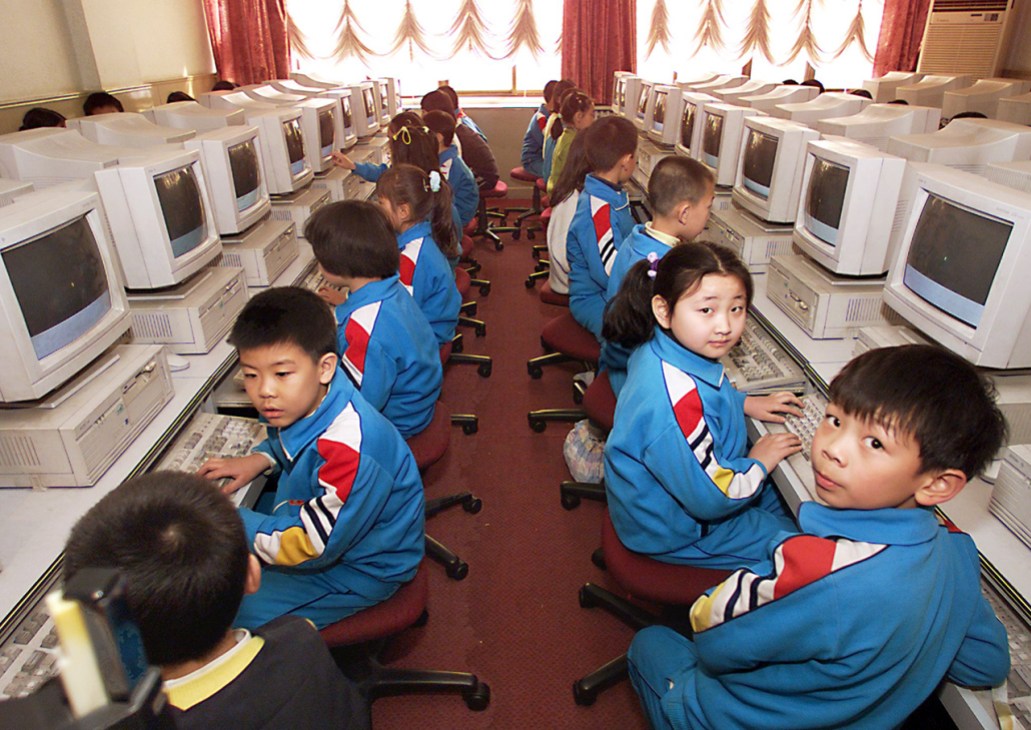What the West gets wrong about Chinese innovation
AI breakthroughs are reshaping power – but fears of espionage risk driving away the very innovators who could secure the future.
Earlier this year, I attended Web Summit Vancouver, a global tech conference that offered the usual 2025 mix of utopian hype and doomsday predictions. After a morning of panels declaring that artificial intelligence (AI) will both cure global ills and eliminate millions of jobs, I slipped into a side event: a meet-up of Chinese entrepreneurs. Here the mood was different. In a room buzzing with Mandarin, which was interspersed with English words such as “seed funding”, young founders pitched apps and demo reels. Also present were several immigration lawyers who were surrounded by Chinese nationals seeking advice on stalled residency applications. It was another snapshot of our times: talent weighed down by uncertainty.
America’s fears of industrial espionage are spreading to other global tech hubs, including Vancouver. In Silicon Valley, companies are tightening vetting of Chinese employees and recruiting ex-FBI officers as “insider risk investigators”, signalling that firms suspect potential spies among their staff. Some concern is valid: this month, a US judge ordered Chinese firm Hytera to pay Motorola more than $70m (€59m) for stealing trade secrets in order to build its radios. But suspicion also reveals insecurity. Many in the West still struggle to accept the pace of Chinese innovation and that much of it is down to its openness to foreign ideas. When Chinese AI start-up DeepSeek unveiled a large language model that rivalled American ones, the dominant reaction was disbelief. To figures such as David Sacks, Trump’s AI and crypto tsar, theft, not ingenuity, was the only explanation.

Beijing has long invested in talent programmes that blur the line between overseas recruitment and intellectual property theft. For years, Western governments looked the other way, motivated by access to China’s huge market and labour force. Now the pendulum has swung sharply the other way. Western universities are severing partnerships with Chinese tech giants, visa applications are immediately denied and the country’s overseas students are interrogated for hours before being sent home. But what began as a legitimate concern is slipping into xenophobia. As Tatyana Mamut, CEO of Wayfound AI and a Ukrainian refugee, told me at the summit, “It’s true that many cyberattacks come out of China. But it’s politically harder to accept that there are also many good Chinese ideas and that we should at least try to work together.” That balance between protecting against espionage and welcoming talent is what’s missing in some policy approaches. It might be easier to implement sweeping security measures but the potential costs are high. The future of geopolitical power will rest less on armies than on technological prowess. AI is reshaping economies and societies – to harness its potential responsibly and avoid its worst repercussions, countries need to stop treating its development as a zero-sum arms race.
Big tech firms used to understand this. In the 1990s and 2000s, Microsoft and Google established research labs and incubators in China and India that have contributed to today’s breakthroughs in machine learning. They recognised that innovation thrives on global connections. Safeguarding intellectual property is vital but a climate of fear drives away the very people whose work strengthens economies and, ultimately, national security. Many of today’s most groundbreaking tech teams are dominated by people of Chinese heritage. Yet the US still cancels visas for Chinese students who could help achieve future breakthroughs.
Not every Western government is mirroring Washington’s approach. Across Europe, universities are stepping up efforts to recruit Chinese students in the wake of US visa restrictions. But as Yale research scholar Yangyang Cheng, once a physics PhD student in Chicago, told me, “When a state deems groups undesirable, no amount of degrees or professional titles can protect them.” Her words are a reminder that this debate is about more than visas or background checks. National security isn’t strengthened by the paranoid shutting of doors – America’s openness to talented foreigners helped the country triumph in the Cold War. Governments and companies should adopt nuanced security processes and work with international partners to set clear best practices, otherwise the technology of the future will be weaponised by governments and populations scared of the other.
Joanna Chiu is a Vancouver-based journalist, author of ‘China Unbound: A New World Disorder’ and managing partner of Nüora Global Advisors. For more opinion, analysis and insight, subscribe to Monocle today.



